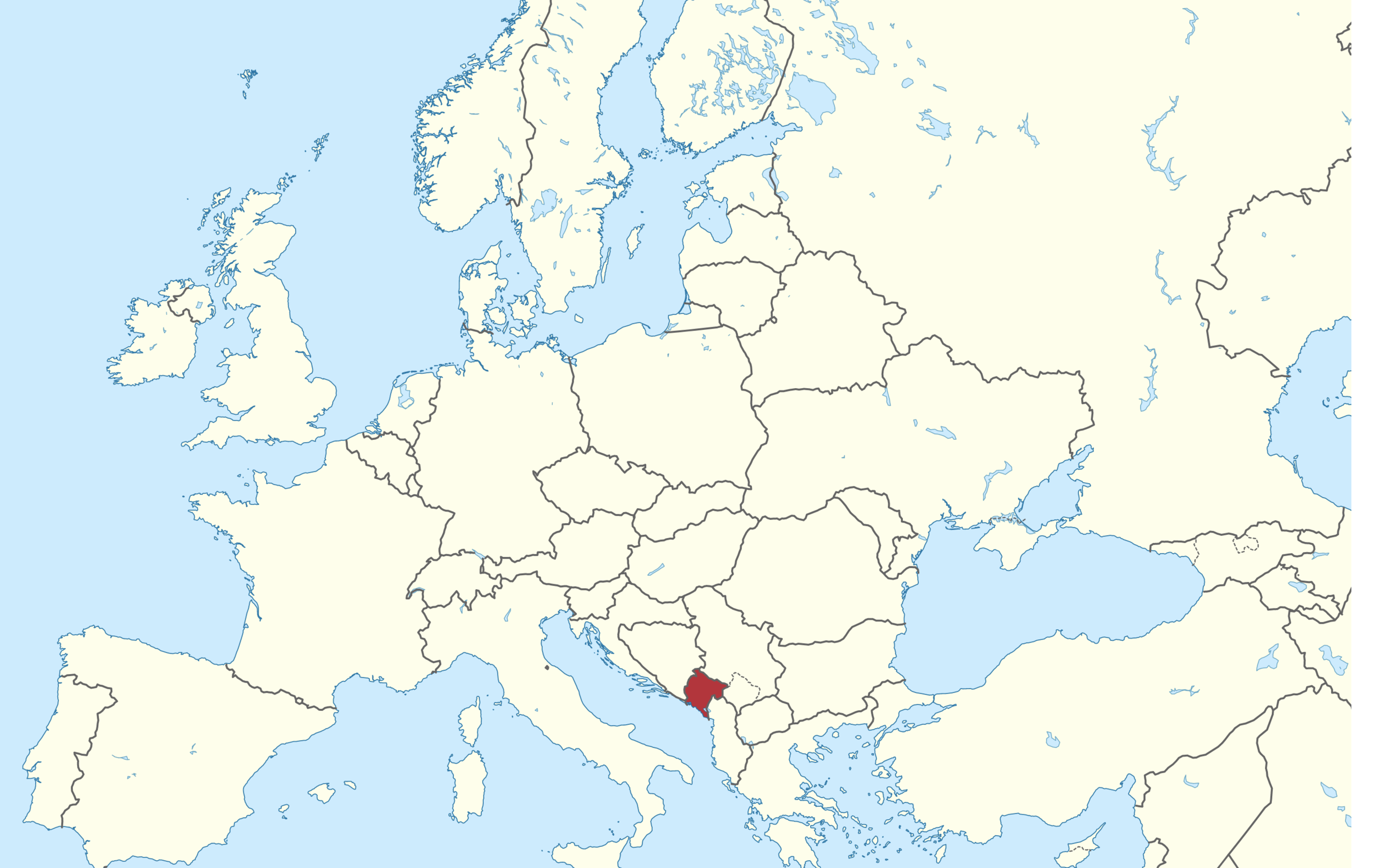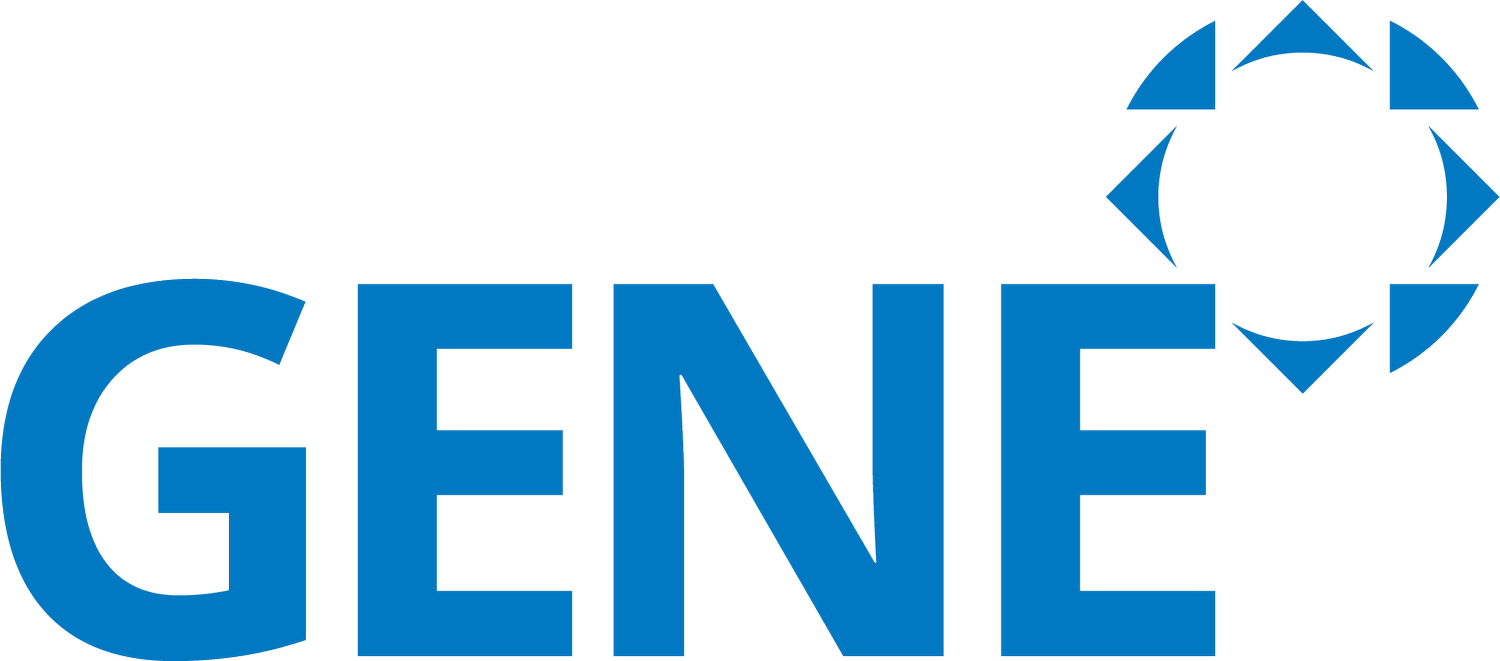
Montenegro 🇲🇪
Global Education Profile
GENE participant since 2018.
+ Ministries and Agencies in GENE
- Ministry of Education, Science, Culture and Sports
- Bureau for Education Services
- Centre for vocational education and training | EBSN: The Centre is aimed at development and strengthening of the vocational and adult education system, emphasizing the adjustment of these educational systems to social changes, the market economy, technological progress and information technologies.
+ Other relevant Ministries and Agencies
- Ministry of Ecology, Spatial Planning and Urbanism (involved in Eco-schools programme)
+ Civil Society and Youth Platforms
+ Concepts and Definitions
Education for Sustainable Development (ESD) goals and principles have been implemented in the past decade in line with Montenegro’s national education and SDGs strategies and priorities.
In Montenegrin formal education the ESD content is introduced in compulsory subjects, elective subjects, cross-curricular topics and extracurricular activities in all education levels (pre-primary, primary, general secondary and IVET education). The crosscurricular topics identified are the following: Climate Change, Green Economy, Environmental Protection, Sustainable Towns and Settlements, Biodiversity, Health Education, Education and Human Rights and Entrepreneurial Learning.
The cross-curricular topics have been implemented in the school work plan and entire curriculum, teachers’ lesson plans, in the teacher and staff’s professional skills development and training programs, inclusion of the local community and wider public in creating the school culture as well as a united student, teacher, staff and local community engagement for a more dynamic and more successful school.
United Nations Development Programme (UNDP) and NGO "Expeditio" conducted the assessment of the implementation of the National Strategy for Sustainable Development and the results were that almost 90% of teachers are implementing different activities in line with the SDG in Montenegro.
(From the report on the Balkan Regional Seminar on Global Development Education 2019 in Podgorica)
+ GE in formal education
For over 12 years the education system of Montenegro implements education oriented towards obtaining several lifelong learning key competences, such as the citizenship competence, the entrepreneurial competence, sustainable development competence, digital competence…Within the IPA project “Integration of key competences into the education system of Montenegro”, a comprehensive framework for eight key competences based on the European reference key competence framework for LLL from 2018 was developed, for preschool to university level education.
In order to provide support to teachers in implementing this key competence framework, the following has been accomplished: the Manual was developed for primary and secondary schools for the integration of key competences into teaching and learning at ISCED levels 1,2,3.
The training programme was developed and accredited by the national education council, entitled “The role of school principals and school teams in primary and secondary education”, aimed at advancing the implementation of the education for key competences and supporting teachers and
the training held to include 360 trainees: 1 to 3 school representatives (principals, pedagogues, deputy principals etc.);
Developed by the national council, a training programme “Education of teachers for key competences in primary and secondary education” and
Training held for 800 trainees, both classroom teachers and STEM subject teachers of primary and secondary education.
The 21st Century Schools is an ambitious 10-million-pound threeyear education programme, designed and implemented by the British Council and funded by the UK Government. It will give over one million 10-15 years old students across the Western Balkans critical thinking, problem solving and coding skills. Run in partnership with the relevant educational institutions in each country, it will allow students to learn in a fun, interactive, and innovative way.
From January to June 2018 the Centre for Vocational Education has been working on the development of new modularized educational programs in secondary vocational education. Based on the recommendations of Global Education, optional modules have been developed: Contemporary Growth, Social Networks, Globalization and Business Culture, for all new fouryear educational programs which are arranged in second, third and fourth grade. During the development of educational programs, the members of the working groups have been trained to develop modules on topics based on the recommendations of the Global Education. In addition, the Centre for Vocational Education organized training for all teachers dealing with the implementation of the educational program, with emphasizing on development of key competencies and recommendations of Global Education.
The new programs directly tackling GDE are proposed to the new Catalogue for professional Development of teachers for the cycle from 2019 to 2021. GDE is complementary to an entrepreneurship program introduced to the Montenegrin Education System some years ago and also through different subjects (cross curricular approach). Content and learning outcomes on cross-curricular topic Human Right Education are linked to subjects Education for democracy and active citizens, Human rights and liberties education, Gender equality and protection from discrimination, Multicultural, intercultural, humanitarian and peace education, Education for market, labour and consumption (economic education) and European integrations. In the new curricula in elementary school MoE incorporated elective subjects of which one is subject for civic education. In secondary vocational education in Montenegro, key competences are achieved in three ways: through general education subjects, through vocational / elective modules and through extracurricular activities.
(From the report on the Balkan Regional Seminar on Global Development Education 2019 in Podgorica.)
+ GE in nonformal education
The Silent Movie Project16 is funded by the US Embassy in Podgorica to create a space for educating and empowering young people to express their opinions through the creation of three-minute video. (from the report on the Balkan Regional Seminar on Global Development Education 2019 in Podgorica)
+ GE in initial Teacher Education
One of the components Ministry of Education has focused on during 2018 and 2019 is the development of teacher training programmes with the aim to allow teachers to acquire better inclusive and intercultural competences, with focus on the schools having students who are belonging to minority peoples.
The most recent initiatives are the development and implementation of a teacher training programme “Prevention of violent extremism” and training programme on “Montenegrin language and culture” for asylum seekers. The first one is now in the procedure of accreditation by relevant national education council and key advisory institutions. The second one has been accredited. (From the GENE Country Update Reports)
+ Educational resources on GE
- Guideline Education for Sustainable Development – cross curricular subject area (for preschool, primary and secondary education)
- Education for Democratic Citizenship and Human Rights
- Catalogue of teacher professional development programmes
- Bureau for Education Services
+ GE civil society actors
+ Development Policy documents
- UNDP Project - Strengthening the Capacities of the Ministry of Foreign Affairs of Montenegro
- Strenghtening Capacities of the Ministry of Foreign Affairs
- Montenegro Country Paper
+ Agenda 2030
This website was created and maintained with the financial support of the European Union and the Ministries and Agencies that support GENE. Its contents are the sole responsibility of GENE and do not necessarily reflect the views of the European Union.

